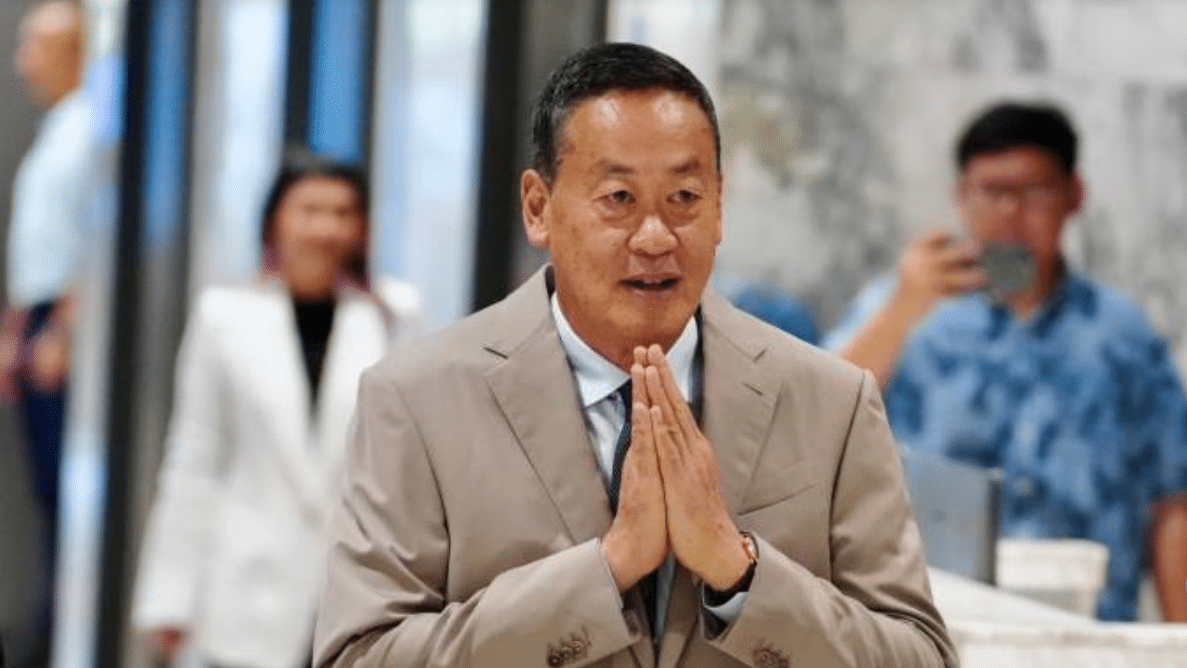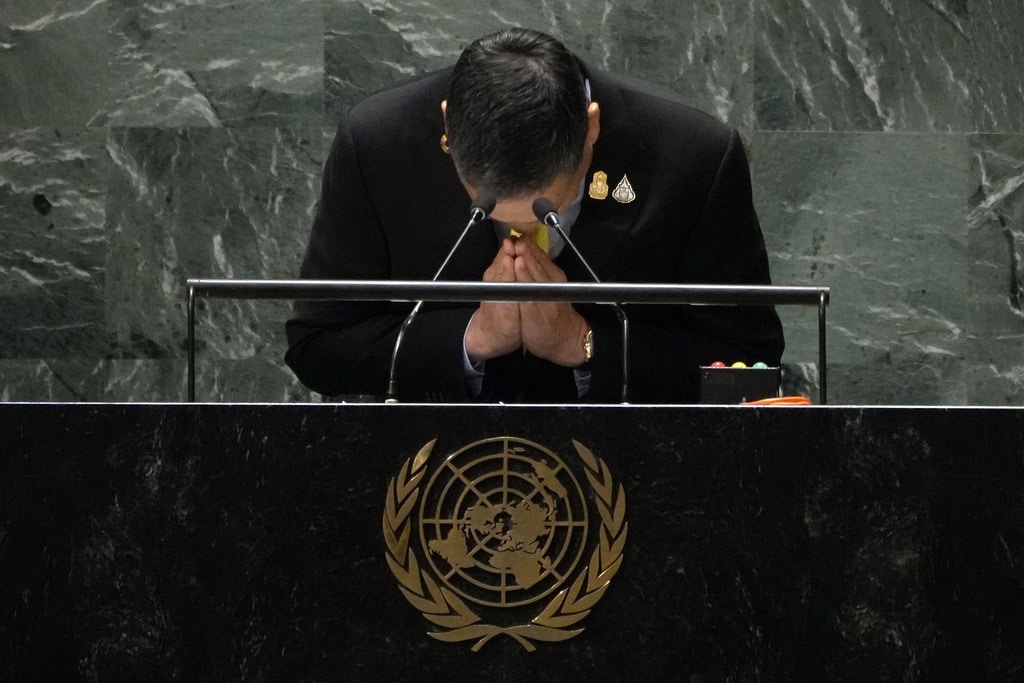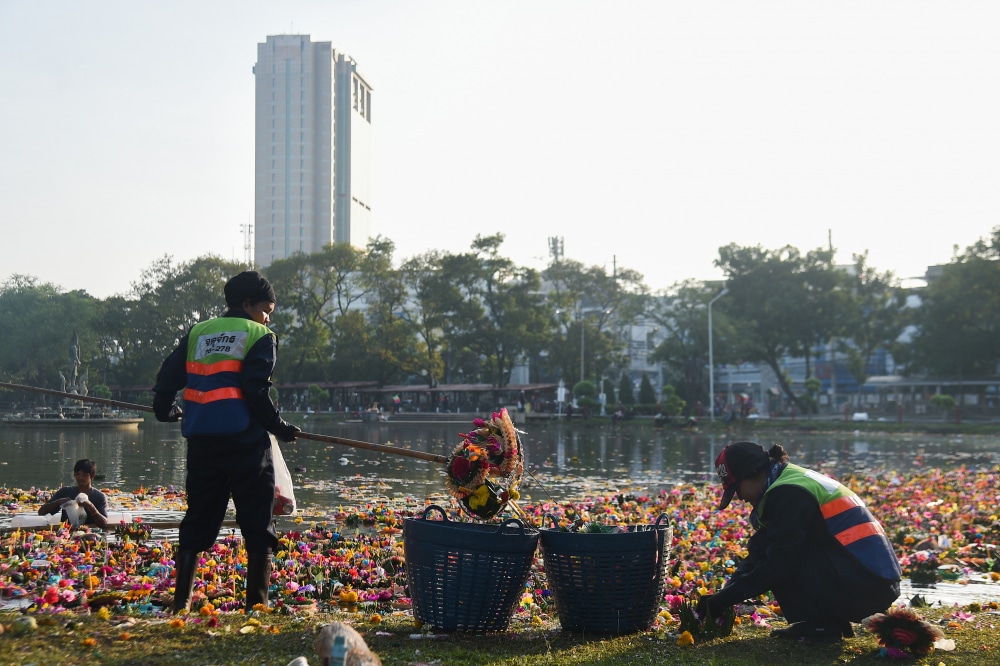In an exceptional display of altruism and leadership, Thailand’s Prime Minister, Srettha Thavisin, recently made a significant announcement that has garnered widespread admiration and support. He proclaimed that during his tenure as Prime Minister, he would forgo his monthly salary, which amounts to a substantial 125,590 baht, opting instead to direct these funds towards various charitable causes. This remarkable decision not only reflects Prime Minister Srettha’s commitment to the welfare of his fellow citizens but also serves as an inspirational example of leadership by putting principles of compassion and social responsibility into action.
Chai Watcharong, the spokesperson for the Prime Minister’s Office, underscored the profound message conveyed by Prime Minister Srettha’s decision. Chai emphasized that the act of giving and supporting charitable causes is a universal value that transcends personal gain. Prime Minister Srettha, at the age of 61, initiated this charitable endeavor by leading from the front and donating his entire monthly salary and allowance to charitable organizations.
Delving into the specifics of the Prime Minister’s financial gesture, it is important to note that his monthly earnings are comprised of a 75,590 baht salary and a 50,000 baht position allowance. This sum does not include any additional allowances he might receive for attending Cabinet meetings or other official functions.

Prime Minister Srettha, who was born in the bustling metropolis of Bangkok, elucidated the rationale behind his decision to donate his salary. He expressed his understanding that, at times, immediate financial support is crucial for those facing hardship, and it can often be more effective than waiting for the slower bureaucratic processes of budget allocation and policy implementation to take their course.
Chai provided further insight into how the Prime Minister’s salary contributions would be disbursed. It was disclosed that these funds would be allocated to different charitable organizations that meet specific criteria, ensuring that the donations are channeled to credible and deserving causes. The initial beneficiary highlighted was the Foundation for Children, an organization dedicated to improving the lives of young and vulnerable individuals.
What sets Prime Minister Srettha’s philanthropic initiative apart is his personal involvement in the process. He expressed his intention to visit each of the recipient organizations, engaging in dialogues to gain a deeper understanding of their challenges and needs. This hands-on approach demonstrates the Prime Minister’s genuine commitment to making a positive impact and his desire to ensure that the funds are used effectively and efficiently.
If Prime Minister Srettha completes his full four-year term in office, the total amount directed toward charitable causes would surpass an impressive 6 million baht. This substantial sum has the potential to significantly improve the lives of numerous individuals and communities in need, fostering a spirit of unity and compassion within the nation.
In his own words, Prime Minister Srettha humbly expressed, “I did this because I am not the PM. It is my personal intention. I want to help a group of people who need financial support. It is not much. I just want to do it on my own. I will never put pressure on other government officials to follow me. They all have their burdens. The money will go to organizations that are credible and meet the requirements.”
Prime Minister Srettha Thavisin’s extraordinary act of philanthropy serves as a shining example of responsible and compassionate leadership. His decision to donate his salary and engage directly with charitable organizations not only addresses immediate needs but also sends a powerful message about the importance of giving back to society. It demonstrates that leaders can make a profound impact not only through policies and governance but also through their personal actions and commitment to the well-being of their fellow citizens.
Furthermore, his emphasis on credibility and transparency in the selection of beneficiary organizations ensures that the funds will be used efficiently, further enhancing public trust and confidence in charitable initiatives. Prime Minister Srettha’s act of selflessness encourages a culture of generosity and underscores the principle that public servants should prioritize the welfare of the people they serve.
In a world where leaders are often scrutinized for their decisions and actions, Prime Minister Srettha Thavisin’s decision to donate his salary serves as a heartwarming reminder of the positive influence leaders can have when they lead with empathy and compassion. His dedication to making a tangible difference in the lives of those less fortunate sets an admirable precedent for leaders worldwide and inspires hope for a more caring and equitable society.
In conclusion, Prime Minister Srettha Thavisin’s decision to forego his salary and direct it toward charitable causes is a testament to his commitment to the well-being of the Thai people. It embodies the principles of compassion, social responsibility, and personal sacrifice, setting a remarkable example of leadership for the nation and the world to follow. His actions serve as a beacon of hope and a reminder that leadership can make a meaningful and positive impact when guided by the values of empathy and selflessness.











